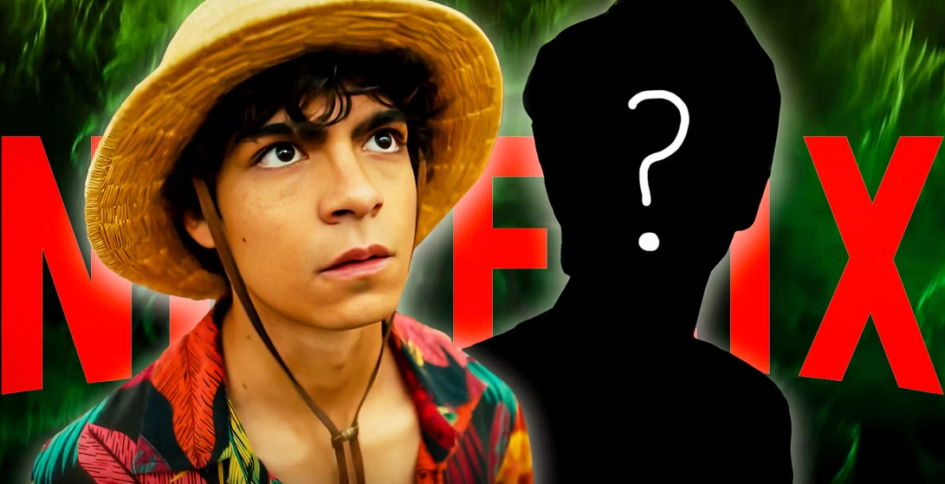Netflix’s history with live-action anime adaptations is a mixed bag. Despite enlisting top-tier talent like LaKeith Stanfield (Sorry to Bother You) and Willem Dafoe (Poor Things), the 2017 adaptation of the beloved supernatural crime thriller Death Note was met with heavy criticism for its rushed and diluted storyline. More recently, the 2021 live-action adaptation of the classic anime Cowboy Bebop received mixed reviews. While it captured some of the original show’s charm, it fell short of achieving its narrative greatness. In 2023, Netflix’s live-action One Piece dramatically altered this trend, becoming a standout success in the streamer’s catalog of anime adaptations.
Netflix’s One Piece adaptation achieved what many thought was impossible. It not only resonated with long-time fans of the anime and manga but also drew in a significant number of new viewers. The adaptation set multiple Netflix viewership records, featuring in the top 10 most-viewed shows in an impressive 93 countries. Within its first week, it garnered 140 million hours of viewing time from 18.5 million viewers. This phenomenal success marked a significant milestone for Netflix, demonstrating the potential of well-executed anime adaptations on the platform.
Yu Yu Hakusho: An Overlooked Success
While One Piece was making waves, another major anime adaptation quietly became one of Netflix’s biggest hits of 2023. Yu Yu Hakusho, based on Yoshihiro Togashi’s immensely popular manga and anime, centers on teenage delinquent Yusuke Urameshi. After dying in a heroic act to save a child, Yusuke is given a chance at redemption by Koenma, the son of the ruler of the afterlife. Yusuke is revived as a Spirit Detective, tasked with investigating supernatural phenomena in the human world.
Yu Yu Hakusho achieved remarkable success, becoming the biggest Japanese show on Netflix in 2023. The adaptation’s impressive blend of memorable characters, iconic techniques like Yusuke’s Spirit Gun, and thrilling action sequences attracted 17 million viewers, making it the fifth most popular non-English Netflix show of the year. Despite not reaching the towering heights of other non-English shows like Dear Child, Yu Yu Hakusho carved out its own niche, demonstrating its enduring appeal.
Despite its success, Yu Yu Hakusho has not been renewed for a second season. This decision may seem puzzling given the show’s popularity, but a closer look at its structure provides some clarity. Unlike many series that end with a cliffhanger or setup for future seasons, Yu Yu Hakusho opted for a self-contained story. This approach, while satisfying for a single season, left little room for a seamless continuation.
The first season of Yu Yu Hakusho was meticulously crafted to tell a complete story. It avoided the typical sequel hooks, choosing instead to wrap up its narrative threads within the initial episodes. This decision, although it resulted in a coherent and satisfying season, inadvertently complicated the possibility of a follow-up. Netflix has historically greenlit shows that either end with cliffhangers or have clear pathways for subsequent seasons, and Yu Yu Hakusho’s conclusive ending did not fit this mold.
With just five episodes, Netflix’s Yu Yu Hakusho covered significant ground from the original anime. The adaptation condensed the Spirit Detective and Dark Tournament sagas, which are crucial parts of the series. However, by doing so, it skipped other key arcs and merged different storylines, effectively spoiling major moments that could have been explored in a second season. This approach was akin to that of a movie adaptation, which often sacrifices depth for brevity and pace.
Adapting a beloved anime like Yu Yu Hakusho is a challenging task. The original series spans four seasons, each rich with character development, intricate plots, and dramatic arcs. Netflix’s decision to condense these elements into a single, short season was ambitious but ultimately limiting. The condensed narrative, while engaging, left little material for a future season without rehashing already resolved plot points or deviating significantly from the source material.
The success of One Piece and Yu Yu Hakusho signals a bright future for live-action anime adaptations on Netflix. These adaptations have shown that, when executed with care and respect for the source material, they can attract both dedicated fans and new audiences. However, the experience with Yu Yu Hakusho also highlights the importance of planning for longevity if future seasons are anticipated.
Netflix’s foray into live-action anime has been a learning experience. The contrasting outcomes of Death Note, Cowboy Bebop, One Piece, and Yu Yu Hakusho offer valuable insights. Successful adaptations need to balance fidelity to the source material with creative storytelling that can stand alone as compelling narratives. Moreover, they must consider the potential for future seasons and build in narrative flexibility to accommodate continued storytelling.
Netflix’s live-action Yu Yu Hakusho was a significant achievement in its own right. Despite its self-contained nature making a second season unlikely, it demonstrated that live-action anime adaptations could succeed on the platform. The key takeaway for Netflix and other streaming services is to balance the need for a satisfying season arc with the potential for future expansion. As the demand for high-quality anime adaptations continues to grow, this balance will be crucial in delivering series that can sustain viewer interest over multiple seasons.
In conclusion, while Yu Yu Hakusho’s lack of a second season might disappoint some fans, it stands as a testament to the potential success of live-action adaptations when handled with care and respect for the original material. The lessons learned from its production will undoubtedly inform future projects, ensuring that Netflix’s journey into the world of live-action anime continues to evolve and improve.


Leave a Reply